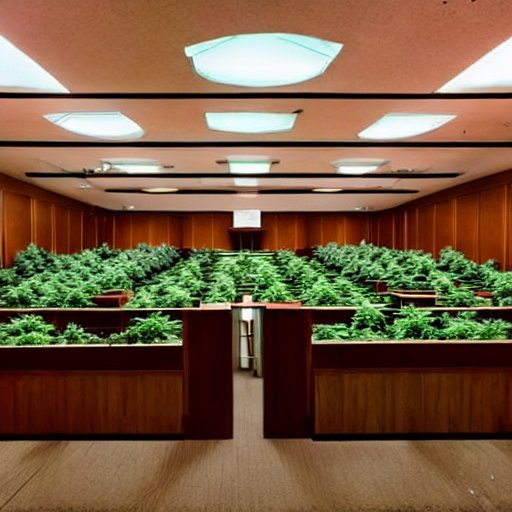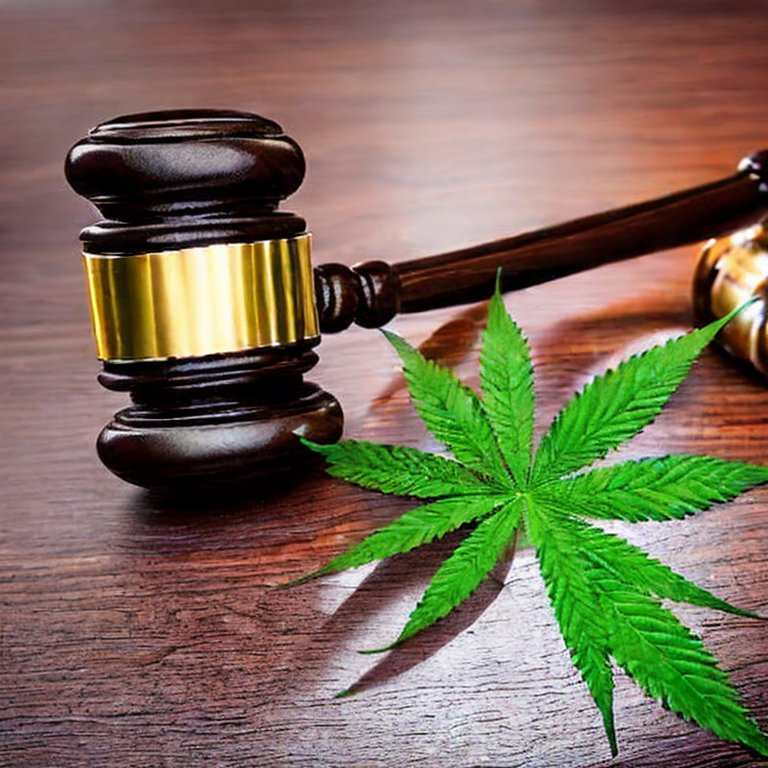Considering the Upsides and Downsides of Legal Marijuana
As a resident of "the People's Republic of California," I live in one of the American states that has already legalized marijuana for recreational use. According to a search I just did on Google 21 states currently have legalized marijuana. While I choose not to use marijuana for personal reasons, I recognize the importance of understanding the legal implications of its legalization.
The legalization of marijuana has been a topic of much discussion and debate in recent years. With more and more states and countries moving towards legalization, it is becoming increasingly important to understand the pros and cons of this complex issue. On one hand, advocates argue that legalization could bring significant benefits, including increased tax revenue, reduced criminal activity, medical benefits, economic benefits, and improved access to substance abuse treatment. On the other hand, opponents express concerns about the negative health effects of marijuana use, the risk of addiction, and its impact on public safety and youth.

Source of image: Stable Diffusion AI Generated
The legalization of marijuana raises complex social, economic, and political issues that must be carefully considered. It is a complex issue that requires a nuanced and informed discussion, taking into account the various arguments and perspectives from both sides. This article aims to provide an overview of the pros and cons of legalizing marijuana, highlighting the key arguments and evidence from both sides of the debate. Whether you are in favor of legalization or against it, it is important to understand the issues and make informed decisions based on the best available evidence.

Source of image: Stable Diffusion AI Generated
Increased Tax Revenue: Legalizing marijuana could generate significant tax revenue for governments, as they would be able to impose taxes on its sale and production. According to a report by the Tax Foundation, a non-partisan think tank, legalizing marijuana could generate billions of dollars in tax revenue for the US government.
Reduced Criminal Activity: By legalizing marijuana, the government could reduce the size of the black market, reducing the power and influence of drug dealers and organized crime. In addition, legalization could reduce the burden on the criminal justice system, as law enforcement would no longer need to expend resources on enforcing marijuana laws.
Medical Benefits: Research has shown that marijuana has potential medicinal benefits for a range of conditions, including chronic pain, multiple sclerosis, and epilepsy. By legalizing marijuana, patients would have greater access to treatments that could help them manage their symptoms and improve their quality of life.

Source of image: Stable Diffusion AI Generated
Health Concerns: Despite its potential medical benefits, marijuana use can also have negative health effects. Smoking marijuana can cause respiratory problems, and it can also impair cognitive and motor function, increasing the risk of accidents.
Addiction: While marijuana is considered to be less addictive than other drugs, heavy or long-term use can still lead to addiction. In addition, legalization could increase the availability of marijuana, potentially leading to increased rates of addiction.
Impairment: Legalizing marijuana could lead to increased rates of impaired driving, as more people would be under the influence of the drug while operating a vehicle. This could lead to a rise in traffic accidents and fatalities, posing a threat to public safety.
The legalization of marijuana raises complex and controversial issues, with valid arguments on both sides. While it could bring significant benefits, including increased tax revenue and reduced criminal activity, it could also lead to negative health effects and increased impairment. Ultimately, the decision to legalize marijuana will depend on weighing the potential pros and cons and considering the impact it would have on public health and safety.

Source of image: Stable Diffusion AI Generated
Although there may be some reduction, the fact that these illegal dealers already exist means they will not simply go away. In fact, I was just talking this morning to a law enforcement officer here in Oklahoma who was telling me about how Oklahoma’s legalization of medical marijuana a few years ago has brought organized crime cartels into the state to set up illegal growing operations, for export, because it’s so much harder to catch and prosecute illegal growers because probable cause is now gone.
The legalization provides cover for the illegal activities.
It’s similar to the way prohibition funneled huge sums of money to organized crime, then the elimination of prohibition just led to the diversification of their illegal activities. They didn’t just go away.
Congratulations @holovision.hypno! You received a personal badge!
You can view your badges on your board and compare yourself to others in the Ranking
Check out our last posts:
Support the HiveBuzz project. Vote for our proposal!